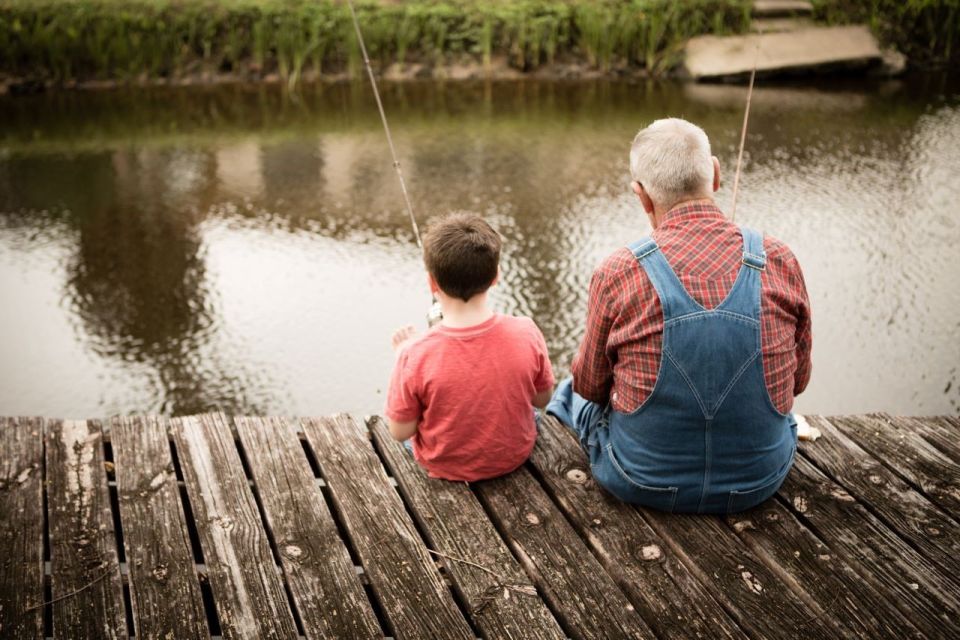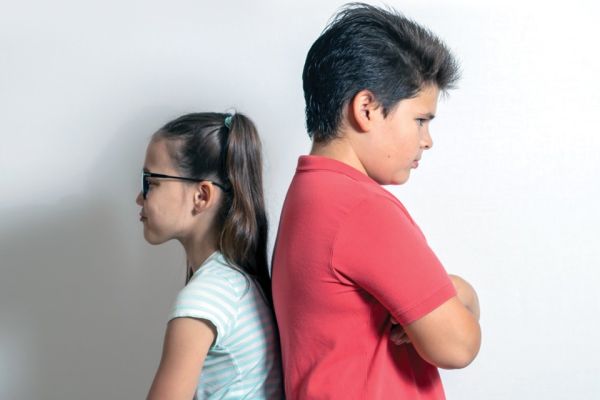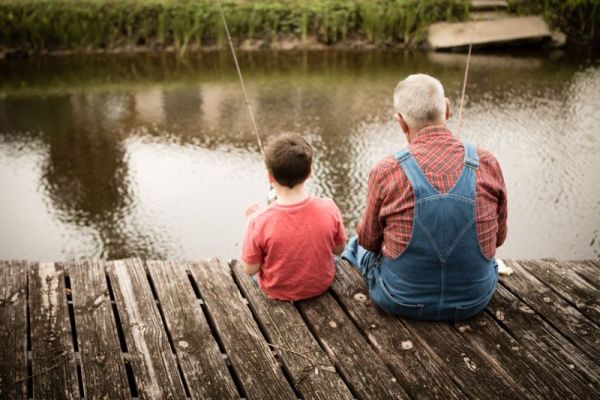When a Grandparent Loses a Limb
Author: Pat Isenberg, Amputee Coalition Outreach Education Coordinator

Tips to help kids cope. Information from the Amputee Coalition's Limb Loss Education and Awareness Program.
Be prepared to assist the child with an answer that is appropriate for his or her age and developmental level.
Pain is scary to children. Talk about different types of pain in terms the child can understand. (Remember the time you burned your finger? Or, the time you fell off your bike?) Remind your child that eventually pain gets better.
Avoid giving children too much information, such as details about a complicated disease process or the amputation surgery.
Can this happen to me? Alleviate fears by giving information that kids can understand. Remember that your explanations need to be planned to avoid creating additional fears or anxiety.
Is this my fault? Younger children are egocentric; when things happen, they feel responsible. Make certain children know that they did not do anything to make this happen.
Limb loss is not a punishment. However, if it’s the result of an accident, you may want to talk about safety issues at an appropriate time.
Children will not “catch” this. Hugging and touching are still safe and very important parts of healing for the entire family.
Their grandparent is still gramma or grampa regardless of the limb difference. Talk about what is important – grampa can still read a bedtime story; gramma will still brush your hair.
You may want to discuss things that may be different. Gramma may have to learn a new way to bake chocolate chip cookies; grampa may not be able to walk the dog for a few weeks (or months).
Call upon your child’s natural desire to help. You can be gramma’s right hand until she learns to use the new one.
Explain the new words: prosthesis, limb, residual limb, prosthetist. Make a game out of spelling or pronunciation of these words.
Avoid adverse reactions. Explain differences in advance to prepare the child. Show pictures of other people with limb loss to desensitize your child.
Focus on the similarities, but prepare for the differences. Have your child talk or write about his or her feelings, or express themselves through a drawing.
Children are curious. Remove the mystery from the prosthesis by explaining how it works.
Pain is scary to children. Talk about different types of pain in terms the child can understand. (Remember the time you burned your finger? Or, the time you fell off your bike?) Remind your child that eventually pain gets better.
Avoid giving children too much information, such as details about a complicated disease process or the amputation surgery.
Can this happen to me? Alleviate fears by giving information that kids can understand. Remember that your explanations need to be planned to avoid creating additional fears or anxiety.
Is this my fault? Younger children are egocentric; when things happen, they feel responsible. Make certain children know that they did not do anything to make this happen.
Limb loss is not a punishment. However, if it’s the result of an accident, you may want to talk about safety issues at an appropriate time.
Children will not “catch” this. Hugging and touching are still safe and very important parts of healing for the entire family.
Their grandparent is still gramma or grampa regardless of the limb difference. Talk about what is important – grampa can still read a bedtime story; gramma will still brush your hair.
You may want to discuss things that may be different. Gramma may have to learn a new way to bake chocolate chip cookies; grampa may not be able to walk the dog for a few weeks (or months).
Call upon your child’s natural desire to help. You can be gramma’s right hand until she learns to use the new one.
Explain the new words: prosthesis, limb, residual limb, prosthetist. Make a game out of spelling or pronunciation of these words.
Avoid adverse reactions. Explain differences in advance to prepare the child. Show pictures of other people with limb loss to desensitize your child.
Focus on the similarities, but prepare for the differences. Have your child talk or write about his or her feelings, or express themselves through a drawing.
Children are curious. Remove the mystery from the prosthesis by explaining how it works.
If possible, have your child talk with other children whose grandparents have lost a limb.






 How to resolve AdBlock issue?
How to resolve AdBlock issue?